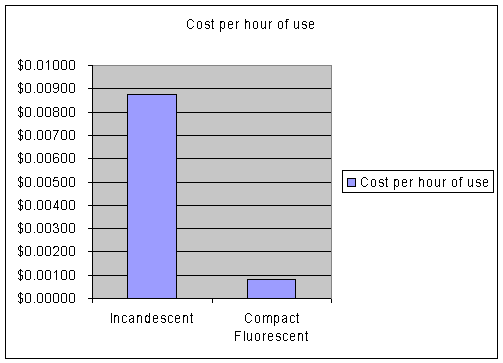 I found this Dallas Morning News article about the future of IT especially salient. (If prompted to login, get a username and password from www.bugmenot.com.) In a nutshell, Gartner says IT workers must broadly diversify skills or get steamrolled. Gartner further predicts major IT upheaval by 2010.
I found this Dallas Morning News article about the future of IT especially salient. (If prompted to login, get a username and password from www.bugmenot.com.) In a nutshell, Gartner says IT workers must broadly diversify skills or get steamrolled. Gartner further predicts major IT upheaval by 2010.
I had a similar revelation shortly after getting my BS in Computer Science in 1999. Even back then–the middle of the tech boom–skills taught just ten years ago were already becoming irrelevant or commoditized. In plain terms, that means it can become cheaper for your employer to purchase what you do from another firm than to keep you employed. Before my undergrad days, I lived near the Johnson Space Center in Houston, and I saw how people with dinosaur skill sets were often the first to be laid off. They were also the last to find a comparable replacement job.
These revelations are part of what led me to pursue my MS in Computer Science, and they continue to push me towards my in-progress Engineering Management degree.
These revelations are also a motivation (not the motivation) behind my involvement in community organizations. And by involvement, I am not just talking about essentials like pounding nails and folding newsletters. These are important jobs, and I help with them, but I go beyond that and work within the system to motivate others to pound nails and fold newsletters even better. When I help out in this way with Boy Scouts or with my neighborhood association, I am honing life and career skills. This is part of my education. I think that few people realize the immense value one gets from the lessons learned from going that extra mile in community service. Such involvement benefits you as much as it benefits the community.
These revelations also why I try to diversify my skill set beyond what I can get in a classroom. The above-mentioned community service gives me opportunity to test management skills learned in my degree program. My praxis topic allows me to deeply explore a controversial aspect traffic engineering that also has implications for politics, ethics, and economics.
All IT workers should ask themselves three questions:
- Are my skills only the basic skills for 2006?
- Do I have knowledge that somehow goes beyond the bachelors-level? Can I do many things that freshly-minted graduates cannot do?
- Are my skills a “one hit wonder”? Is my overall skill set highly specialized?
An IT worker who answer yes to any of these questions should be gravely concerned. To survive in this industry, they must fix the problem or quickly plan an exit strategy.
The writing is not only on the wall, it’s etched on the stone outside and tattooed on your forehead. In the IT field, those who get ahead are those who learn and adapt. Many of those who don’t will not have gainful IT employment in as soon a a few years.

 I found this Dallas Morning News article about
I found this Dallas Morning News article about 
